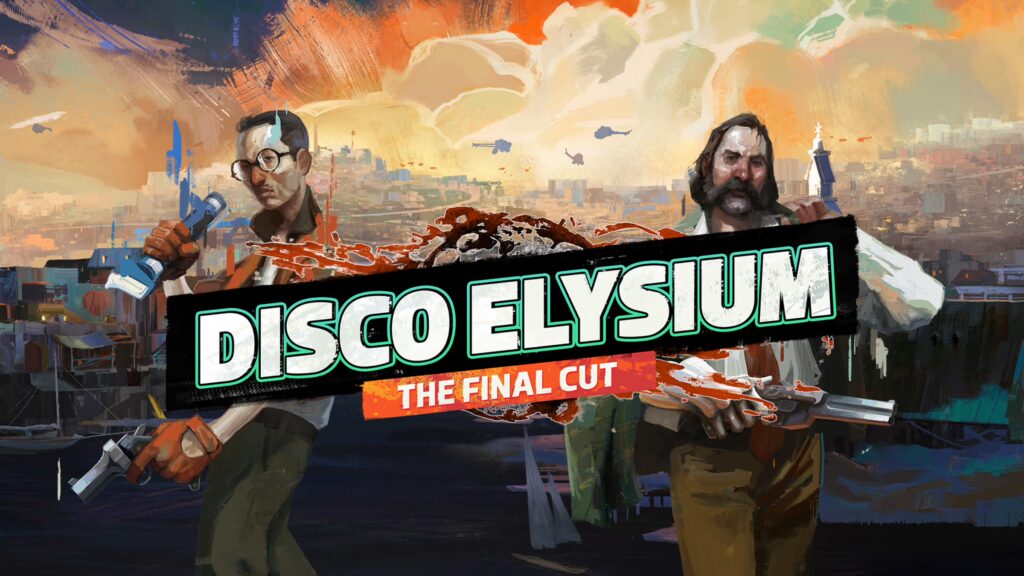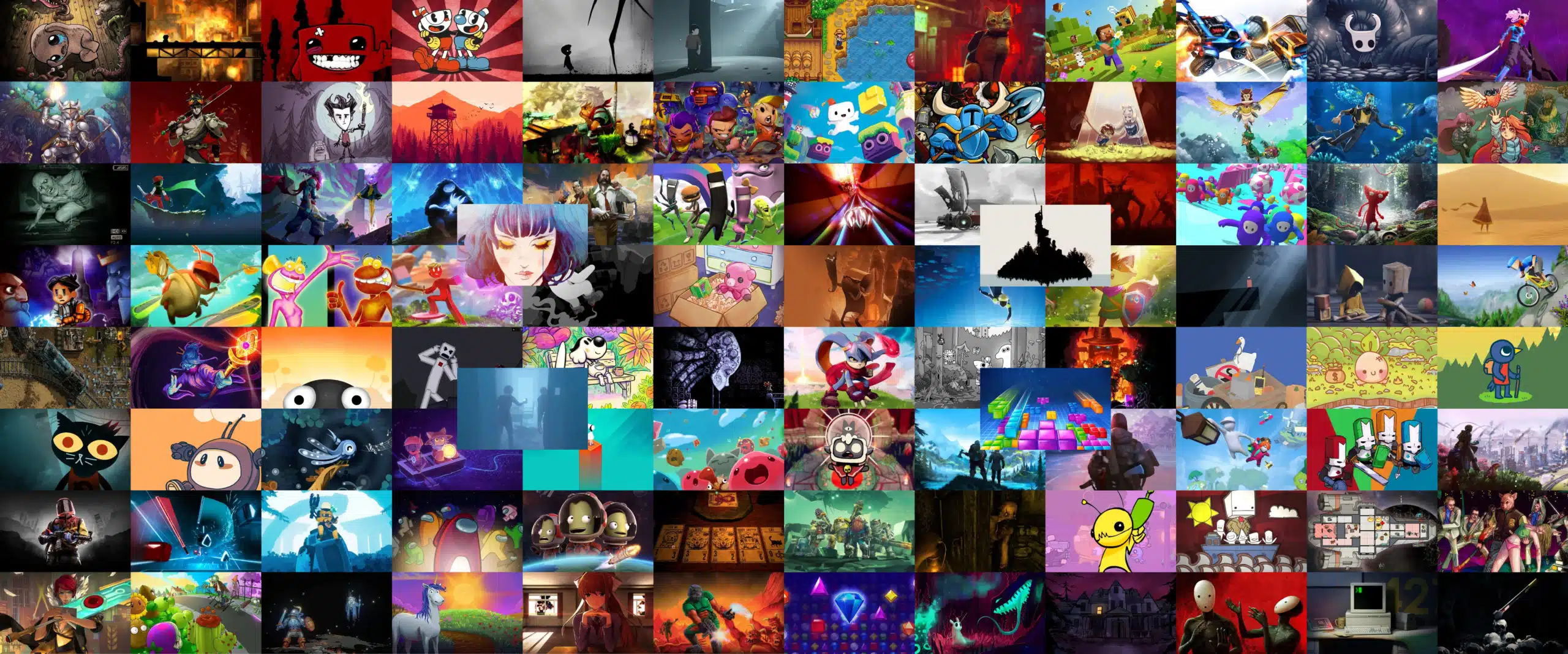Disco Elysium

Disco Elysium is a game that’s been turning heads for all the right reasons. While many RPGs try to dazzle players with top-tier graphics and massive worlds, this game takes a different path, focusing strongly on narrative depth and character interaction. As you play, you’re drawn into a world that’s deeply immersive, not because of how it looks, but because of the stories it tells and the characters you meet.
At its core, Disco Elysium is all about storytelling. The game ditches traditional RPG elements like combat in favor of dialogue and decision-making, which allows for a level of narrative complexity that’s rare in the gaming world. Your character, a detective with a mysterious past and a penchant for philosophical musings, navigates a city rife with social and political tension. Every choice you make has weight, influencing not only your progress but also how the world perceives you. This results in a game experience that feels personal and unique to each player.
The game’s world is populated by a diverse array of characters, each with their own stories, motivations, and secrets. Interacting with them is where the game truly shines. The characters are well-written and come across as genuine, with depth that can surprise you. As you engage with them, you unravel their stories, which in turn reveals more about your own character’s backstory. This interplay between the protagonist and the supporting cast creates a dynamic narrative web that keeps you invested and eager to learn more.
One of the standout features of Disco Elysium is its approach to role-playing. Instead of focusing on combat skills, the game allows you to develop your character’s personality traits. This includes things like intellect, emotional intelligence, and even your character’s sense of creativity. These traits influence how you navigate conversations and uncover information. It’s a refreshing take that prioritizes psychological depth and introspection over physical prowess.
The themes explored in the game are profound and varied. From existential musings on the human condition to socio-political commentary, Disco Elysium doesn’t shy away from tackling big questions. It challenges players to think critically about the world around them and their place in it. The game’s setting – a city reeling from political upheaval and economic collapse – serves as a backdrop for these themes, adding layers of complexity to the narrative.
The decision-making process in Disco Elysium is engaging, pushing players to consider the ramifications of their actions. Choices are rarely black-and-white, and the game excels at presenting moral dilemmas that are nuanced and thought-provoking. This aspect of the game encourages replayability, as players may want to explore different paths and see how various decisions impact the story.
In terms of design, the game’s art style is a unique blend of watercolor and oil painting aesthetics, which complements its narrative-driven focus. While it may not boast hyper-realistic graphics, the visual style adds to the game’s charm and supports its storytelling goals. The music and sound design further enhance the atmosphere, making the world of Disco Elysium feel alive and emotionally resonant.
Overall, Disco Elysium redefines what narrative-driven games can be. Its focus on storytelling, character development, and thematic exploration sets it apart from other titles in the genre. Whether you’re a fan of RPGs or someone who appreciates a good story, this game offers an experience that’s both intellectually stimulating and emotionally rewarding. It’s a game that invites you to not just play, but to think, feel, and reflect, making it a standout title that resonates long after the credits roll.
Advertisement
